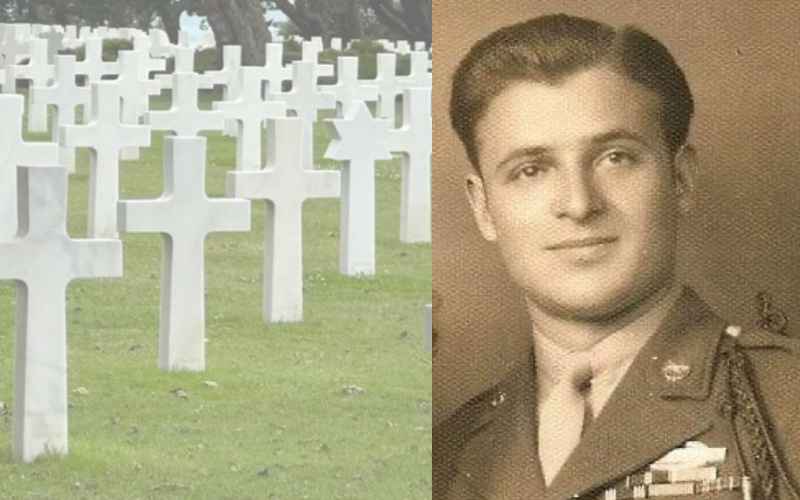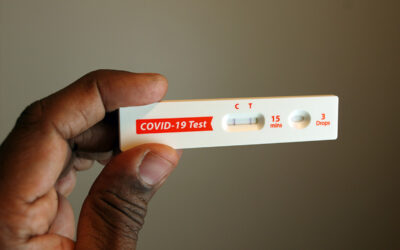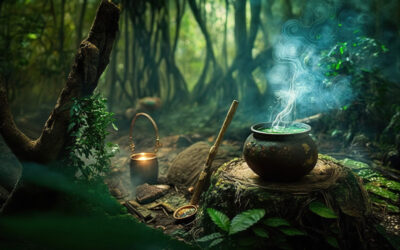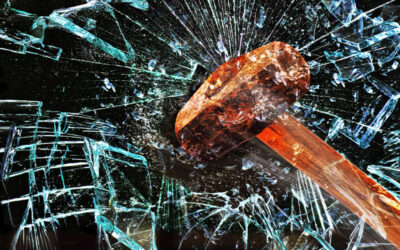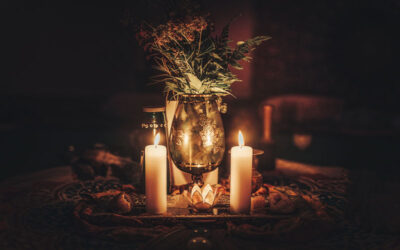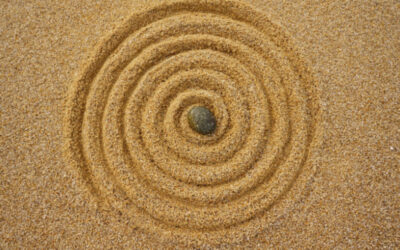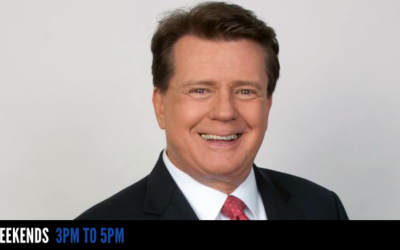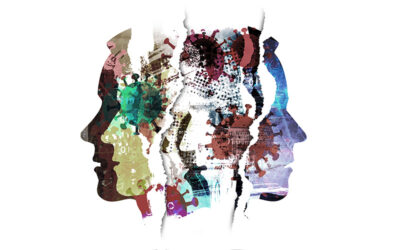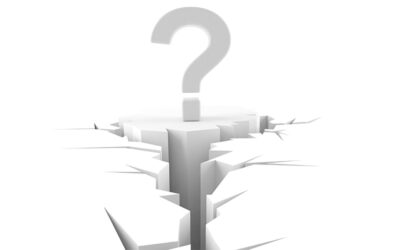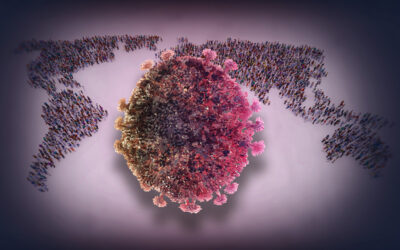Growing up in the 1960’s, one generation removed, World War II deeply informed my sense of both past and present. My father and almost all the men of his generation had signed up or were drafted. It was just the thing to do, whether it was to go and fight Nazis or because they realized the neighborhood corner was empty so they might as well go off to where their buddies were. They were spread out from England to France to Burma to New Guinea. Some guarded prisoners, some worked on intelligence, some were on aircraft carriers, and some stormed the beaches of northern France on D-Day.
Visiting Omaha Beach on the Normandy Coast today felt like a pilgrimage. Here, my cousin, Herbie Siegal (photo above), charged up that beach on June 6, 1944, with thousands of other men. He was in the second wave that day. Most of those around him were wounded or killed.
Herbie was among the more experienced soldiers that day, having already been through the invasions of North Africa and Sicily. When I asked him why he thought he survived, he gave two reasons. First–pure luck. Second, he had learned to run alone. While human instinct, when terrified, is to huddle with your friends, to do so made you a bigger target for the German guns shooting thousands of rounds per second your way. So Herbie ran alone.
And I also discovered today (through a serendipitous call to a cousin) that my uncle, Dave Fishman, my father’s brother, was crashing onto Utah Beach, a mile or so away, at the same time, in that second wave, also surviving the day. He went on as a forward fighter with a unit charged with demolition of bridges and roads to prepare the drive for those behind them. (Some Quentin Tarantino shit!) He apparently killed a lot of German soldiers and for his service was awarded the Medal of Honor by the French government in 1994.
These men never spoke much about what happened that day and in the days that followed. There can be little doubt that many suffered from PTSD. But it was also a different time, when expressing emotions was a sign of weakness, and men had to show “strength” or they were not “real” men.
And I believe there was something else; a humility in the face of something so much bigger than any of those individual. They had fought for something good; for something they were proud of. Because a thousand miles east of those Normandy beaches, other relatives of min who had never left Poland, Hungary and Ukraine, were being worked to death, gassed and burned in the crematoriums of Auschwitz and Buchenwald. Most who who managed to survived had little to show but numbers burned into their forearms and nightmares that would never leave them.
The men who sacrificed that day were liberators; anti-fascist, Nazi fighting heroes. Of course, many didn’t understand the magnitude of what was happening; of what they were a part of. But in retrospect, from the perch of the “normal” lives they returned to, they surely knew.
Standing on that hallowed, blood stained, ground today brought me to tears. Thousands of graves, in perfect order, line the manicured lawns above the beaches where the ultimate sacrifices were made. If ever there has been justice in death, where the sacred is embedded in the so deeply profane, it is in the tragic silence of this place.
Copyright 2023
Dr. Ricky Fishman has been a San Francisco based chiropractor since 1986. In addition to the treatment of back pain and other musculoskeletal injuries, he works as a consultant in the field of health and wellness with companies dedicated to re-visioning health care for the 21st century. He is the founder of the health news and information website, Condition: Health News That Matters.
ricky@rickyfishman.com www.rickyfishman.com

